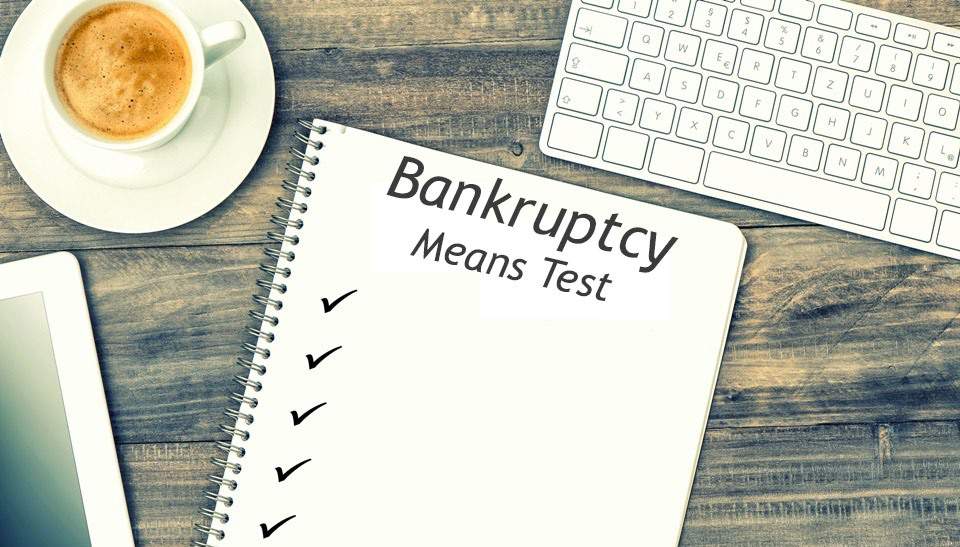Choosing to file for bankruptcy is often a last resort decision. Most people will look for ways to settle their debts with their creditors and will only opt for bankruptcy is there is no other choice. Let’s assume this is what you are currently facing, yet you also run a small business. How will your business be affected if you file for personal bankruptcy? Will you be able to keep it? In this article, we’ll explain what will happen to both proprietorships and incorporated companies based in Canada.
Proprietorships
If you file for bankruptcy while running a proprietorship, your company is considered an asset in the same way that things like cars, tools, and furniture are. What this means is that the trustee will evaluate your business and determine whether any of its assets can be sold. If they can, it’s likely that you will lose your business unless you can continue running with what is left behind. If, however, your business has very few assets or its assets are low cost, these will not be sold as part of your bankruptcy arrangement and you can continue to run your business.
Some provinces in Canada also have exemptions that will allow a business to continue running. For example, in Ontario, you are allowed to keep $11,300 worth of tools, which cannot be used as part of a bankruptcy agreement. For many businesses, this is enough to remain afloat.
Incorporated Companies
In Canada, you are unable to file for bankruptcy if you are the director or officer of an incorporated company. So, before you go ahead and file you will need to resign. You will need to hire a lawyer to do this for you and the resignation must be filed appropriately with the correct registry. It is possible for a spouse, relative or friend to take over the bankrupt person’s position and for the person filing for bankruptcy to be employed with the company as either a manager or general employee. They cannot be reinstated as a director.
Things to Consider
In many cases, filing for bankruptcy in Canada will not affect your business. This is because most businesses have little value that can be obtained by a trustee, either because they do not have many assets or because they have assets that were paid for by encumbered loans. This is especially true in the service trade, for example, hairdressers, gardeners, landscapers, etc.
You can find out more about the pros and cons of Canadian bankruptcy by clicking the link. While it may seem like a good option, it’s also worth being aware of the fact your credit rating will drop, which could affect how you are accepted for credit in the future, both in your personal life and in business. The cost of bankruptcy is also determined by your income, so it will cost more if your business is otherwise successful.
No matter which choice you decide to take, we hope you have found the information in this article helpful.












Add Comment